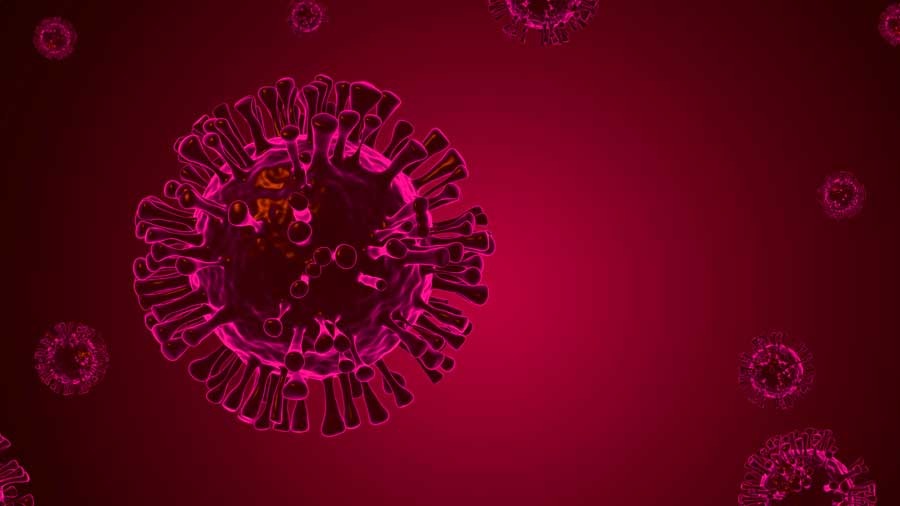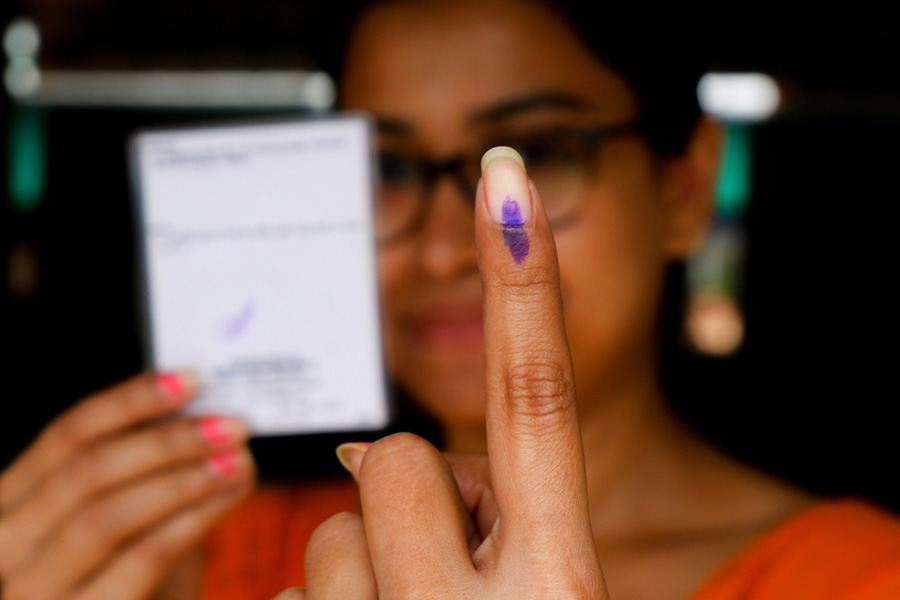Infection by the H1N1 influenza virus suppresses SARS-CoV-2, the virus that causes Covid-19, scientists said on Tuesday in a study that has suggested that coinfection with both viruses is unlikely to increase disease severity.
The study based on lab experiments has shown that SARS-CoV-2 did not interfere with the biological course of the influenza infection but, in contrast, an influenza infection prior to Covid-19 resulted in a significant loss of SARS-CoV-2 replication.
The findings, published in the Journal of Virology, suggest that the influenza virus interferes with SARS-CoV-2 replication in the lung and can continue to do so even more than a week after immune responses have cleared the influenza virus from the body.
“These results suggest that coinfection with SARS-CoV-2 and influenza A virus does not represent a looming threat for humanity,” said Benjamin tenOever, professor of microbiology at the New York University, Langone Health, who led the study.
Scientists believe the risk of coinfection of SARS-CoV-2 and H1N1 — an influenza A virus — is likely to increase over time given the global spread of SARS-CoV-2, the relaxation of pandemic restrictions and personal precautions such as masks or physical distancing.
An analysis of multiple studies during the first four months of the pandemic had shown that around three per cent patients infected with Covid-19 also had other viral infections with influenza being the most common coinfection.
The two viruses belong to different families but both spread through the air and have the capacity to infect the human airways and cause illness and deaths. “This study is an example of how an immune response to something unrelated can provide against SARS-CoV-2,” tenOever said in a media release.
tenOever and his colleagues performed the experiments in cells and in hamsters. They first infected the hamsters with one virus followed three days later by the other virus and studied the animals for several days after the infections.
Their data suggest that certain immune responses induced by the influenza A virus infection may remain at a low level even after the body has cleared the influenza virus or may result in an increase in immune cells in the airways. Either of these mechanisms, the researchers said, would contribute to the reduction in SARS-CoV-2 replication.











